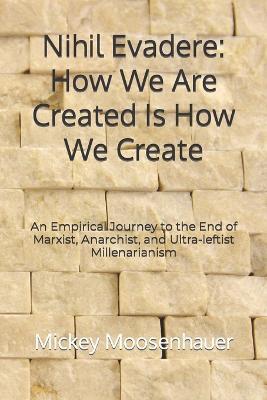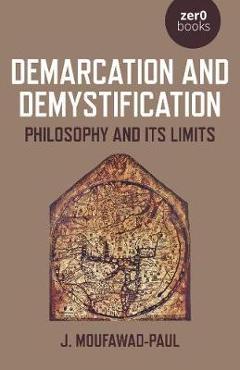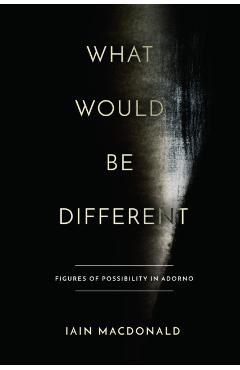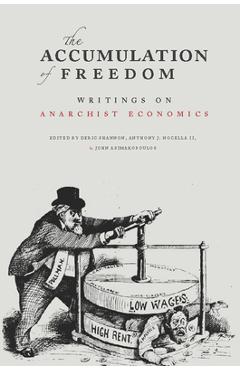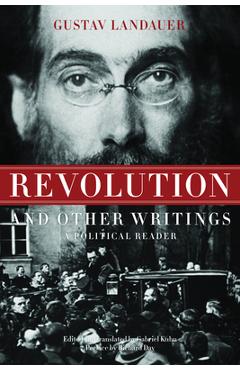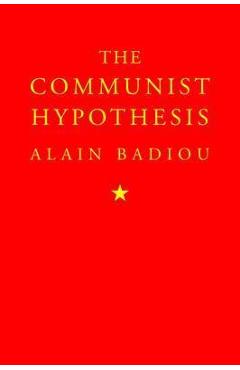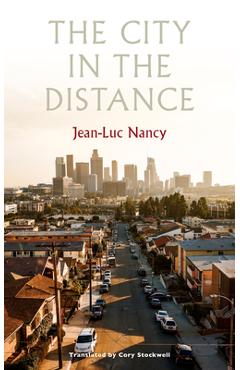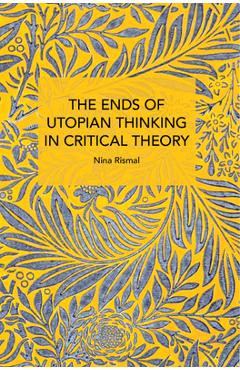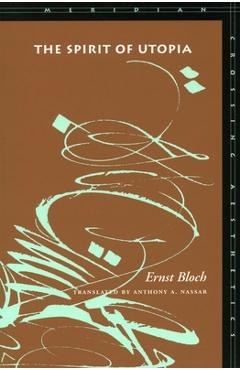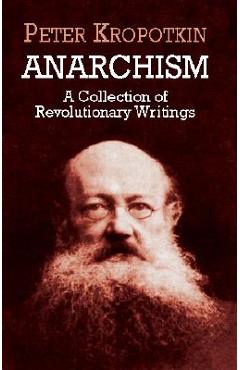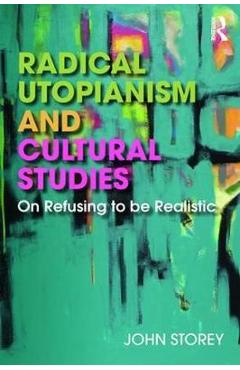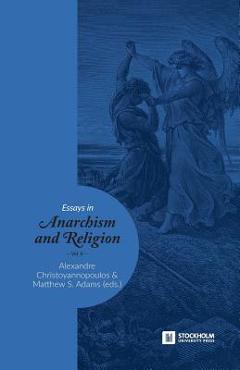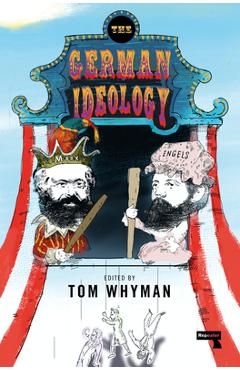The critique of 'modernity' - whether it comes from Continental Philosophy, communism, ultra-leftism, or anarchism - appears invariably bound to ending up within the terrain of
traditionalism. One has only to look at where the ideas of Camatte, Baudrillard, and Debord are currently finding fertile ground.
Therefore, the critique of society should begin again, from a new angle, which begins in the knowledge that this is a world, or global society, from which we cannot escape.
Our socialization, in whatever society we are born into, is total and totalizing. And our life in civilization has, naturally, an overwhelmingly antagonistic and discontented quality to it, which has become perfected in capitalism: all our objections to the society of our birth
are generated by society itself. Our society is the society of competition in everything. This society is
founded upon competing interests - this is the character of its particular totalitarianism. There is no resentment in 'primitive' societies that do not have exploitation and hierarchy, of which there are many still in existence. Their children are not brought up to believe that society needs to be improved and changed, developed and perfected. Neither are they sent to school to learn how to behave and how to survive in
the social world. The revolutionary of modern times (of all times; there is no revolutionary in societies that have evaded the State) is the product of this competition and the imperative to improve things. There are no revolutionaries in an 'uncontacted tribe' who have a deep desire, or any desire, to overthrow society. They do not live in a society, like ours, that
demands its own overthrow, its own regular transformation in the name of
progress: they do not live in a society that reproduces critics, inventors, and revolutionaries as fundamental elements of its social motor.
